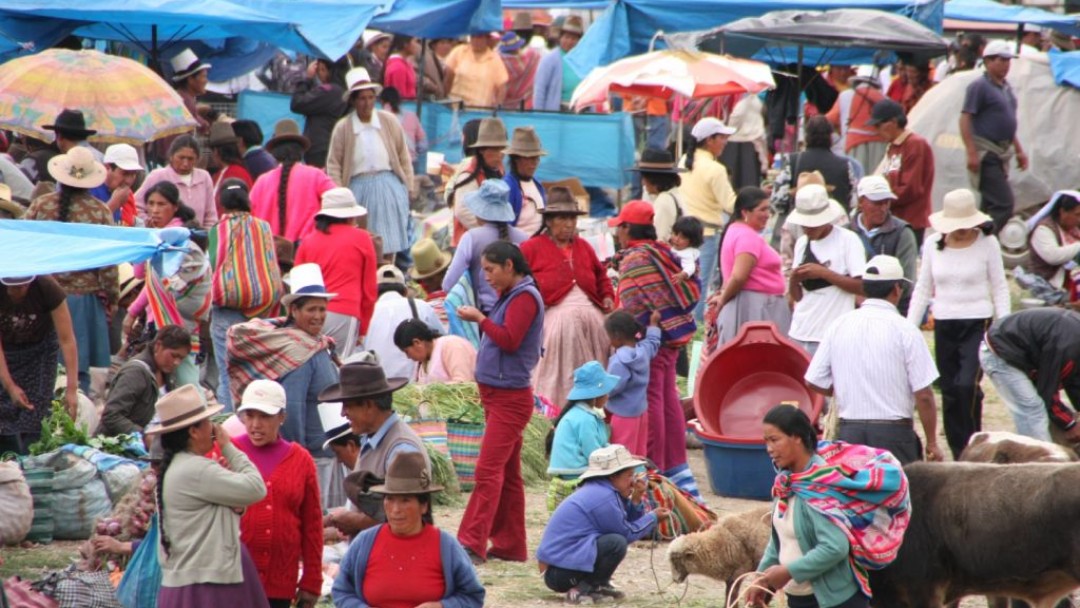News from 2016-12-27 / KfW Development Bank
Four new metro lines for Lima
KfW supports most important transport project in Peru
More and more cars, but hardly any local public transport: nine million people live in Lima's metropolitan area and traffic is growing steadily. Consequently, Peru's government wants to build a complete network of metro lines in the capital. KfW Development Bank is supporting this Latin American country with a promotional loan of EUR 192 million on behalf of the German Federal Government.
Lima is home to around 30 percent of the country's population, but the public transport system, in addition to buses, only has one single metro line. Expanding the public transport system is one of the government's priorities. The plan is to gradually add four other metro lines to the existing one.
Metro line 1, which is heavily used, runs above ground from south to north. A second metro line will intersect with this line in the city centre and run from west to east. The KfW promotional loan is dedicated to this line. The total investment amounts to around USD 5.8 billion, of which around half is financed by different development banks. KfW Development Bank has assumed EUR 192 million of this on behalf of the Federal Ministry for Economic Cooperation and Development (BMZ). The other lines will be added to these two main lines of the metro system later, and link the city centre with Jorge Chavez International Airport.
Line 2 is scheduled to become operational in 2019 and transport hundreds of thousands of people through Lima every day. Until it is completed, however, the necessary tunnels, tracks, signal and communication systems, stations and buildings have to be built and installed.
With the new metro lines, Peru is making an important contribution to climate and environmental protection and, at the same time, it is expanding the transport options available to Lima's residents. Disadvantaged sections of the population benefit in particular: "Thanks to the safe and affordable public transport system, people who live at the city's edge can participate more fully in economic and social life," explains Christian Garve, Director of the KfW Office in Lima.
Metro lines reduce emissions
Representatives of Peru and KfW Development Bank signed the loan agreement in Lima at the end of December. KfW Team Head Michael Evers called the project an "important step for the capital of Peru" and "part of the international transport revolution" as it was adopted by the international community at the Habitat III Conference in Quito, Ecuador, in October.
The project in Peru forms one element of the Transformative Urban Mobility Initiative (TUMI) of the German Federal Government, as part of Germany's activities in the area of sustainable transport systems. KfW is planning new commitments of around one billion euros for this initiative in 2017 alone, which will mainly benefit sustainable local public transport systems.


Share page
To share the content of this page with your network, click on one of the icons below.
Note on data protection: When you share content, your personal data is transferred to the selected network.
Data protection
Alternatively, you can also copy the short link: https://www.kfw-entwicklungsbank.de/s/enzBWrMC.BfwA
Copy link Link copied